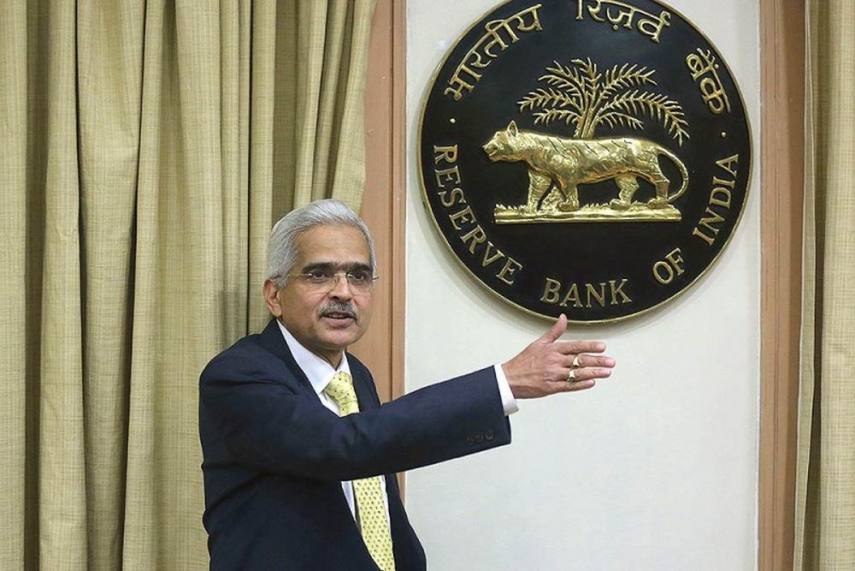Shaktikanta Das, governor of the Reserve Bank of India (RBI), stated on Monday that a robust audit system is required for a resilient economy, and the auditing is the cornerstone of good governance in the public sector.
The audit has become even more critical, especially for a globally linked economy, because of the rising complexity of financial markets, Das stated on October 25. The RBI governor remarked that auditors’ skills and independence should be harnessed for a healthy financial system.
“One of the important roles of audit is to check the so-called smart accounting practices, if any, followed by management to overstate profits or understate expenses/ liabilities,” Das said in his address at the National Academy of Audit and Accounts (NAAA), Shimla.
The Governor noted that within Ind-AS, Ind-AS 109 with Expected Credit Loss (ECL) approach give room to management to exercise discretion and judgement in determining the provisioning requirement for their financial assets, which has been implemented for all listed companies (other than banks) in India, including NBFCs with a net worth of more than 250 crore.
Das said: “Such flexibility and forward-looking nature of assessment, however, poses the ‘model risk’, that is, the model may rely on incorrect assumptions and may be far from representing real-life scenarios. “This has been observed in several cases. Hence, auditors are expected to test the models used by the entities, challenge the management and validate the model outputs.”
The apex bank governor said that the management has the responsibility to demonstrate, through its actions, the importance of ethical demeanour.
It is important for all institutions including financial institutions in which the public invest trust and depositors’ money in fiduciary relationships.
Das felt that financial sector institutions, the audit community and the financial sector regulators and supervisors must work in unanimity and take proactive steps to make sure good governance and ethical practices are followed to make the financial sector strong.
The governor’s comments come at a time when several cases of financial sector frauds where audit reports and financial statements were engineered to have come to the surface. For instance, PMC Bank, where the management manipulated the accounts for many years.
The Governor said lately cases of related party transactions, not in accordance with the ‘arm’s-length’ principle and established transfer pricing mechanism, have been observed.
“There have been instances of diversion of funds and/or transfer of profits to connected parties through various means – intra-group loans on favourable terms, over or under-invoicing of transactions, asset transfers without fair valuation, etc,” he said.
Das emphasised that it is the duty of the auditors to identify and thoroughly scrutinise related or connected party transactions to double-check that there is no undue transfer of income or assets.
The Governor emphasized that the auditing profession can not lag in the adoption of technology. “Adopting technology tools such as computer-assisted audit tools and techniques (CAATTs) through constant up gradation and integration of new technologies will bring in a lot of efficiency in audits.
“In parallel, it has to be kept in mind that adoption of such technology tools for auditing cannot replace professional judgment,” he said.
A holistic approach is needed while integrating technology tools in the audit. The Governor said: “The profile of tomorrow’s auditor will be that of a critical, yet constructive challenger, with a clear focus on public interest and quality audits. There is a need to be even more professional, qualified, impartial, value-driven, ethical and display awareness and foresight.”

